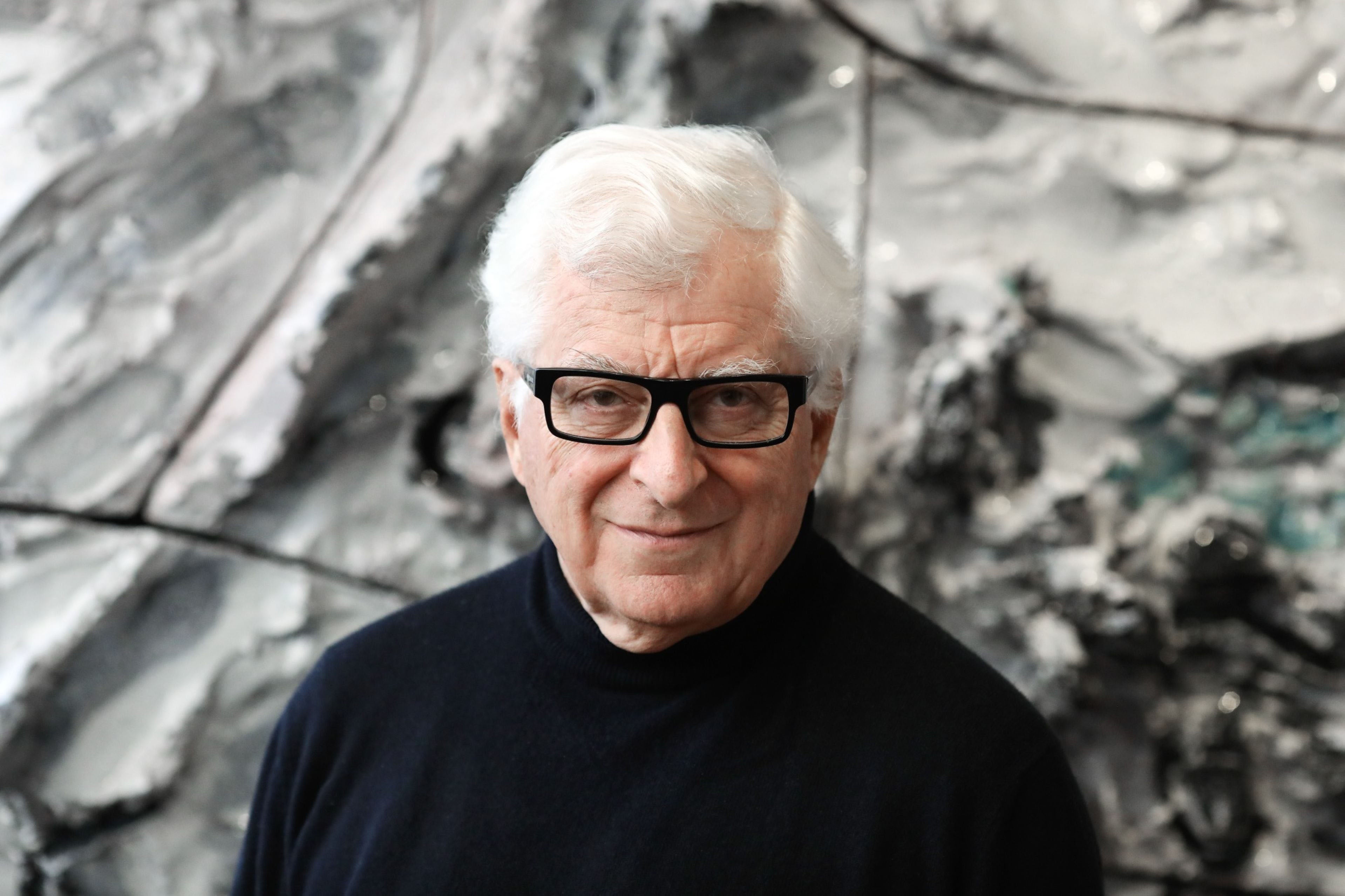Prada CEO says he’ll hand over top job to son within three years
‘Lorenzo has the right attitude’ for the job, Bertelli said

Your support helps us to tell the story
From reproductive rights to climate change to Big Tech, The Independent is on the ground when the story is developing. Whether it's investigating the financials of Elon Musk's pro-Trump PAC or producing our latest documentary, 'The A Word', which shines a light on the American women fighting for reproductive rights, we know how important it is to parse out the facts from the messaging.
At such a critical moment in US history, we need reporters on the ground. Your donation allows us to keep sending journalists to speak to both sides of the story.
The Independent is trusted by Americans across the entire political spectrum. And unlike many other quality news outlets, we choose not to lock Americans out of our reporting and analysis with paywalls. We believe quality journalism should be available to everyone, paid for by those who can afford it.
Your support makes all the difference.Prada Chief Executive Officer Patrizio Bertelli plans to put his son Lorenzo in charge of the Italian fashion company within the next three years, a generational shift aimed at keeping the business under family control.
“Lorenzo has the right attitude” for the job, Bertelli said in an interview at the sprawling Prada Foundation compound in Milan. Lorenzo, 33, is the son of Bertelli and Miuccia Prada, who’ve worked together since the 1970s to transform the Milan-based company into one of the world’s most prestigious fashion groups. “It will be up to him to decide” when to take over, Patrizio, 75, said.
The succession plan is the clearest sign yet that the family intends to stay in charge.
Prada has no intention of linking up with any of the global luxury conglomerates, Bertelli said in the interview, and the company isn’t seeking a financial investor as it doesn’t need additional capital. The family’s Prada Holding owns about 80 per cent of Hong Kong-listed Prada.
In the hour-long conversation on Nov. 17 at the foundation’s sixth-floor restaurant, Bertelli said ceding control of the company would be out of character for him.
“I’ve always been interested in buying, never selling,” said the 75-year-old CEO, surrounded by art treasures including works by Spatialist pioneer Lucio Fontana. “I still have my Vespa Primavera, my Honda motorcycles. They are still with me, all of them, I am not a seller of anything.”
Instead, Bertelli thinks Prada, which has 20 of its 23 manufacturing sites in its home country, could become an aggregator of small Italian textile and manufacturing companies. Carrying out that plan will fall to Lorenzo, who joined the company as its digital head in 2017, and was appointed to the board of directors in May of this year. He currently heads up Prada’s corporate social responsibility and marketing activities.
Prada is just one of many Italians family-controlled companies that have faced succession questions recently as aging founders look to the future. That list includes Leonardo Del Vecchio, who built the Luxottica eyewear empire, and fashion icon Giorgio Armani.
While behemoths like France’s LVMH Moet Hennessy Louis Vuitton have snapped up smaller fashion brands, a number of Italian designers have charted out independent courses. Armani said in September that independence is essential for his group and Dolce & Gabbana CEO Alfonso Dolce told Bloomberg last month that his company also plans to remain independent to preserve its creative freedom.
For Prada, the go-it-alone approach means retaining family control over a fashion house founded by Miuccia’s grandfather Mario in 1913 as a Milan-based purveyor of bags, trunks and travel accessories.
While Bertelli and Miuccia Prada oversaw an impressive transformation into a global group, the company has stumbled of late, as earnings fell for four straight years until 2018 as it raised handbag prices and was slow to come up with a follow-up to its best-selling Galleria line.
The brand bounced back in 2019 as it found success with new rollouts, before sales dropped below 3 billion euros ($3.4 billion) last year amid the pandemic.
Prada on Thursday announced a plan to boost revenue by about 10% a year to reach 4.5 billion euros in the next four to five years, and Bertelli said 2021 revenue and profit will be higher than 2019 levels, barring “dramatic events” linked to a pandemic resurgence.
Prada is in a strong position to benefit from a post-pandemic rebound in luxury demand, the CEO said, noting that the company was forced to shore up its appeal in local markets during a period with virtually no tourism.
The company, which before the pandemic benefited from a “flow of tourists that made our job easier,” now sees tourism-based sales as “an added value,” the CEO said.
By Flavia Rotondi and Tommaso Ebhardt for the Washington Post
Join our commenting forum
Join thought-provoking conversations, follow other Independent readers and see their replies
0Comments